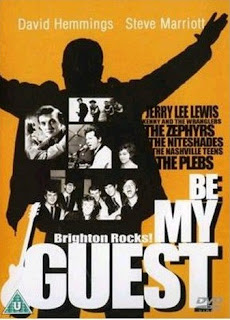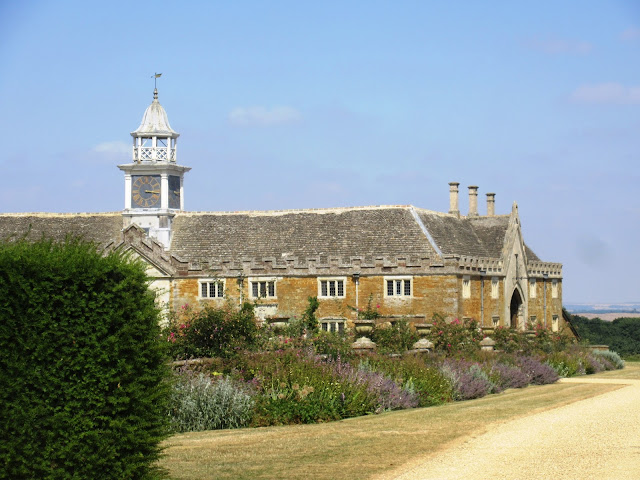How has chess been coping with the pandemic?
One development has been online tournaments between the world's top players, who play from home. As their opponents cannot see them, they are much freer in their facial reactions than they are when playing over the board. This makes it fun for the viewing public who can see the feed from both players' webcams.
Keeping a poker face, or at least a chess face, is one of the arts a top player needs to master. The young Boris Spassky decided he was revealing too much and cultivated what he call a "clown's mask" to avoid giving opponents encouragement.
It's that that he was unnerving to play because he never gave you the slightest clue as to how he thought the game was going.
At lower levels this is rarely the case. When I beat Simon Le Blanq, who had played top board in chess Olympiads for two different countries, I was encouraged by overhearing a conversation between him and a teammate while I was considering my next move.
"How are you doing?" asked the friend. "I'm being wiped out," came the reply, helpfully confirming my assessment of the position.
But now that computers are stronger than any human player, playing online raises all sorts of problems with possible cheating .
As a Guardian article yesterday reported:
At the heart of the problem are programs or apps that can rapidly calculate near-perfect moves in any situation. To counter these engines, players in more and more top matches must agree to be recorded by multiple cameras, be available on Zoom or WhatsApp at any time, and grant remote access to their computers. They may not be allowed to leave their screens, even for toilet breaks. In some cases they must have a “proctor” or invigilator search their room and then sit with them throughout a match.
Sutovsky has also suggested eye-tracking programs may be a way to raise a red flag if a player appears to be looking away with suspicious frequency.
And cheating is not a problem only in grandmaster chess:
Such controversies have been replicated even in the lower-stakes world of junior play. Sarah Longson, a former British ladies' champion who runs the Delancey UK Schools’ Chess Challenge, said at least 100 of 2,000 online participants cheated.
The cheating was blatant, she said, with mediocre preteens at the level of the world champion, Magnus Carlsen. "But only three of them admitted it, which is pretty disgusting." After realising the night before the final that the top three qualifiers had all been cheating, she said, "we stayed up till 3am deciding what to do" and nearly cancelled altogether.
As I once wrote a post entitled The public schools' greatest weakness is now the character of their old boys, I was intrigued by what Longson said next:
"It’s the children from the private schools, sadly," she said. "When I ring their parents they just get angry with me. They’re under such pressure to succeed."






























